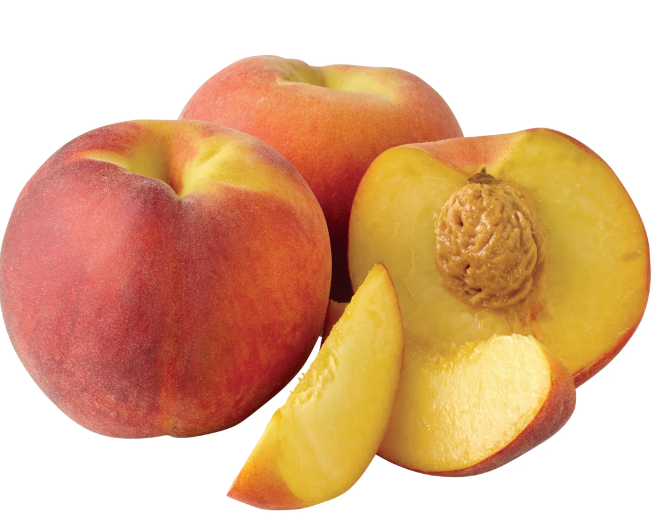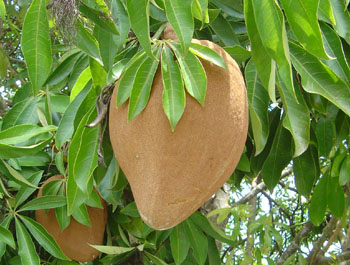- Alphonso: Alphonso mangoes are
- Alphonso mangoes are famous for being incredibly sweet, having a strong, yummy smell, and being smooth without any stringy bits. People often call them the “King of Mangoes”.
- Tommy Atkins mangoes catch your eye with their bright red and green colors. They taste a little tangy mixed with sweet and you can find them in lots of places.
- Keitt mangoes are really big and are green on the outside even when they’re ripe. They’re really sweet and juicy, and they don’t have a lot of fibers in them.
Table of Contents
AdvertisementsAvocado vs. Mango: Key Differences
- Avocados and mangoes both come from warm places, but they’re pretty different from each other:
- Taste: Avocados are creamy and taste a bit like nuts, while mangoes are sweet with a zingy, tropical flavor.
- Texture: Avocados are all smooth and buttery, but mangoes are kind of stringy and really juicy.
- Nutritional Profile: Avocados have lots of good fats, fiber, and vitamin K, but mangoes are loaded with vitamin C, vitamin A, and fiber for your tummy.
- Culinary Uses: Avocados are great for savory food and to make things creamier, but mangoes can go in sweet or savory dishes and are really flexible that way.
Conclusion
In this face-off between avocado and mango, we see that each fruit has its own special taste, texture, and goodies for your health.
The avocado wins fans with its buttery feel, nut-like taste, and lots of fats that are good for you, making it a powerhouse for adding nutrients to what you eat.
Mango, on the flip side, wins hearts with its super juicy bite, sunshine-y sweet taste, and lots of vitamins and stuff that helps protect your body.
Whether you dive into the soft and rich avocado or the bright and zesty mango, adding these fruits to your dishes is a sure way to make your meals more exciting and healthy too.
AdvertisementsAvocados and mangoes are both colorful tropical fruits loved by people everywhere. They each have their own special taste and are full of good-for-you nutrients.
We will compare avocados and mangoes to see what makes them similar and what makes them different. We will look at their flavors, what nutrients they contain, how to use them in cooking, and other interesting details about each fruit.
Avocados are known for their creamy feel and rich, nutty taste, while mangoes are famous for being sweet, juicy, and tasting like a mix of different tropical fruits.
Taste and Texture
Let’s explore how avocados and mangoes differ in flavor and feel:
1. Avocado
Avocados are smooth and buttery. They taste mild and slightly sweet. Their velvety texture makes them great for making spreads, dips, and adding to salads.
Advertisements2. Mango
Mangoes are juicy and can be a bit fibrous. They are sweet with a hint of sourness, and some say they taste like a mix of oranges, peaches, and pineapples. Depending on the type of mango, they can be super smooth or a little stringy.
Nutritional Value
Avocados and mangoes are both full of vitamins and minerals that are important for our health:
1. Avocado
Avocados are full of good fats that are great for your heart. They have lots of fiber, potassium, vitamin K, vitamin E, and folate, too. They also have things called antioxidants that are good for your overall health.
2. Mango
Mangoes have plenty of vitamins C and A, and folate. They also give you fiber, which helps with digestion and can make you feel full. Mangoes have beta-carotene and other antioxidants that protect your body from getting sick.
Health Benefits
Avocados and mangoes can help you stay healthy in many ways:
Advertisements1. Avocado
Avocados can make your heart stronger by lowering bad cholesterol. The fiber helps your stomach and can control sugar levels in your blood. Their vitamin E is great for your skin and hair.
2. Mango
Mangoes can help avoid long-term illnesses because of their antioxidants, which also fight swelling in the body. They are good for your eyes since they have a lot of vitamin A. Their fiber helps with digestion and keeping a healthy weight.
Culinary Uses
There are many ways you can enjoy avocados and mangoes in cooking:
1. Avocado
Avocados can be used in many things. They’re in guacamole, salads, sandwiches, and wraps. You can put slices or mashed avocado on toast, burgers, and tacos. You can blend them into smoothies or use them in baking instead of butter or oil.
2. Mango
Mangoes are great for sweet and savory recipes. They’re good in fruit salads, smoothies, and sweets like sorbet and pudding. You can also put them in salsa, chutney, and dishes with grilled meat or seafood. Dried mangoes can be a snack or part of a trail mix.
AdvertisementsAvailability
Where you live can affect how easy it is to buy avocados and mangoes:
1. Avocado
Avocados are grown in many places with the right weather. You might find them at different times of the year, but they are often in stores and supermarkets all over the world.
2. Mango
Mangoes grow in warm, tropical places. When you can get fresh mangoes depends on when they are harvested. But thanks to trade, you can often find mangoes in markets and stores, even when they are out of season.
Types of Avocados
There are many kinds of avocados, and each one is a bit different:
- Hass: This type is very common. It has bumpy, dark skin and tastes very rich and nutty.
- Fuerte: This one has smooth, green skin and a buttery taste but is not as strong in flavor as the Hass.
- Reed: This big avocado also has green skin. It is creamy and has a strong, nutty taste.
Types of Mangoes
Like avocados, there are many varieties of mangoes:
Advertisements- Alphonso: Alphonso mangoes are
- Alphonso mangoes are famous for being incredibly sweet, having a strong, yummy smell, and being smooth without any stringy bits. People often call them the “King of Mangoes”.
- Tommy Atkins mangoes catch your eye with their bright red and green colors. They taste a little tangy mixed with sweet and you can find them in lots of places.
- Keitt mangoes are really big and are green on the outside even when they’re ripe. They’re really sweet and juicy, and they don’t have a lot of fibers in them.
Avocado vs. Mango: Key Differences
- Avocados and mangoes both come from warm places, but they’re pretty different from each other:
- Taste: Avocados are creamy and taste a bit like nuts, while mangoes are sweet with a zingy, tropical flavor.
- Texture: Avocados are all smooth and buttery, but mangoes are kind of stringy and really juicy.
- Nutritional Profile: Avocados have lots of good fats, fiber, and vitamin K, but mangoes are loaded with vitamin C, vitamin A, and fiber for your tummy.
- Culinary Uses: Avocados are great for savory food and to make things creamier, but mangoes can go in sweet or savory dishes and are really flexible that way.
Conclusion
In this face-off between avocado and mango, we see that each fruit has its own special taste, texture, and goodies for your health.
The avocado wins fans with its buttery feel, nut-like taste, and lots of fats that are good for you, making it a powerhouse for adding nutrients to what you eat.
Mango, on the flip side, wins hearts with its super juicy bite, sunshine-y sweet taste, and lots of vitamins and stuff that helps protect your body.
Whether you dive into the soft and rich avocado or the bright and zesty mango, adding these fruits to your dishes is a sure way to make your meals more exciting and healthy too.
Advertisements
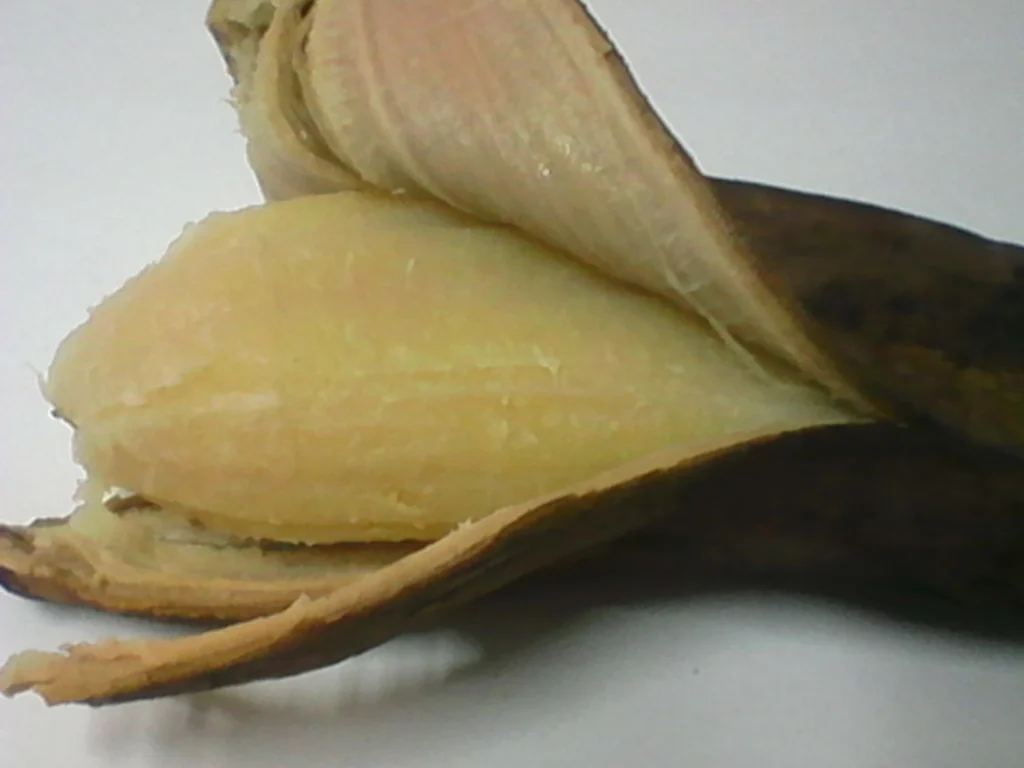
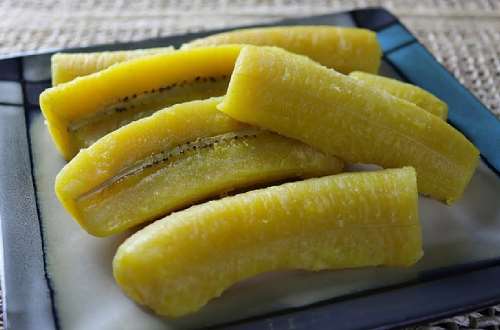


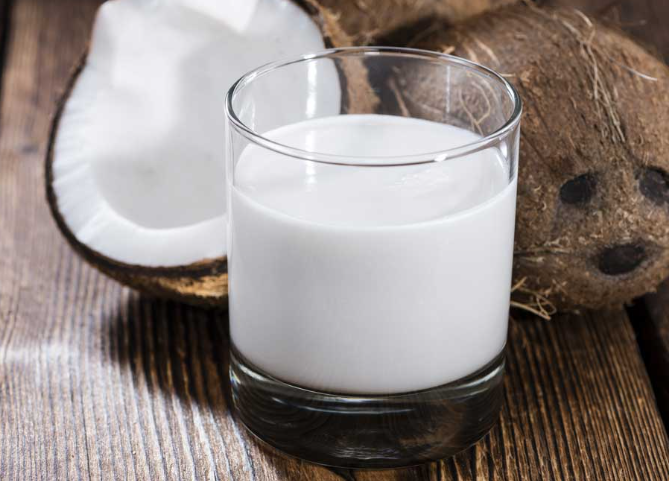
![What Is the National Fruit of Thailand and Why? [ANSWERED]](https://fruitonix.com/wp-content/uploads/2023/04/Mangosteen.jpeg)
